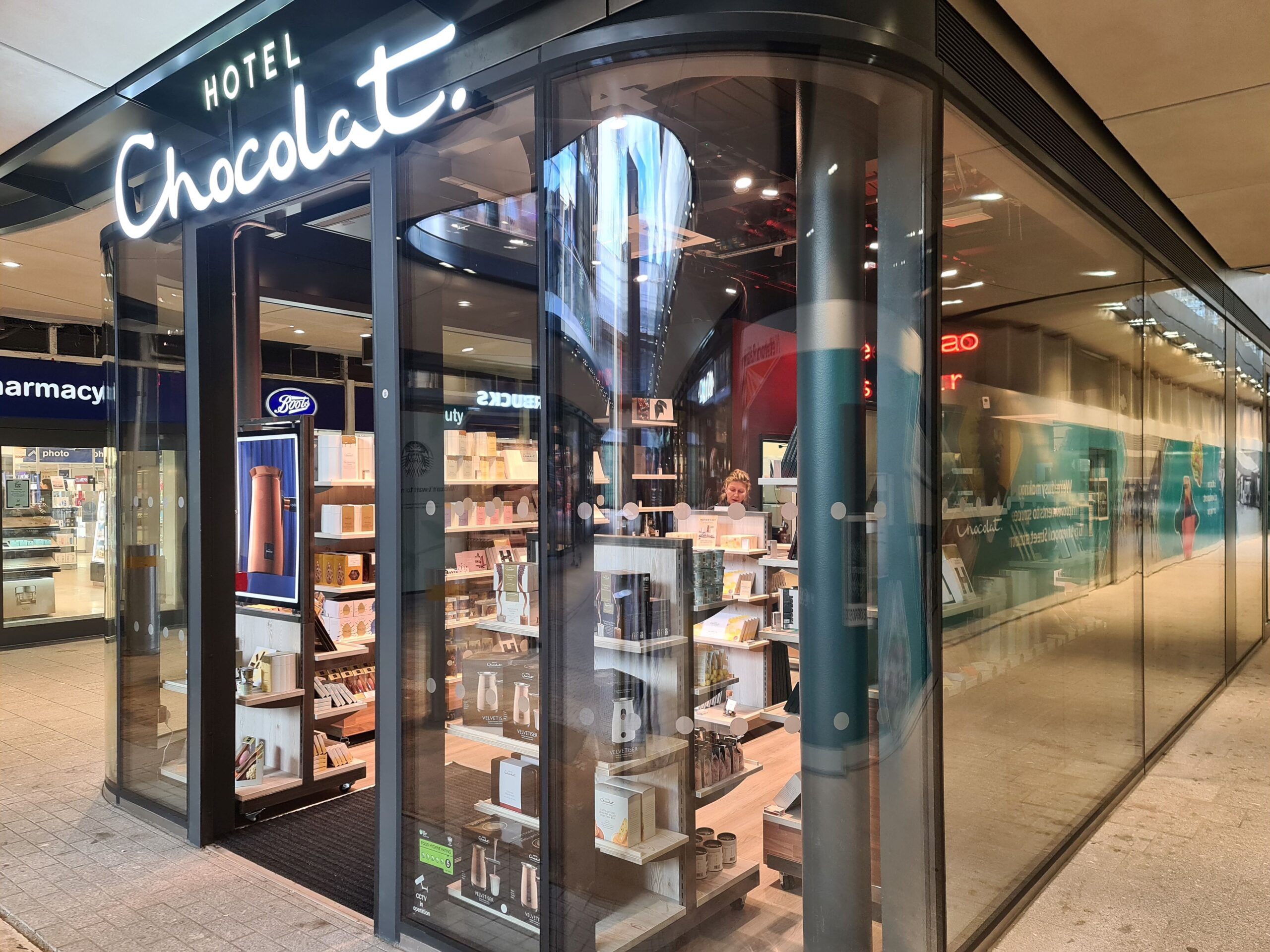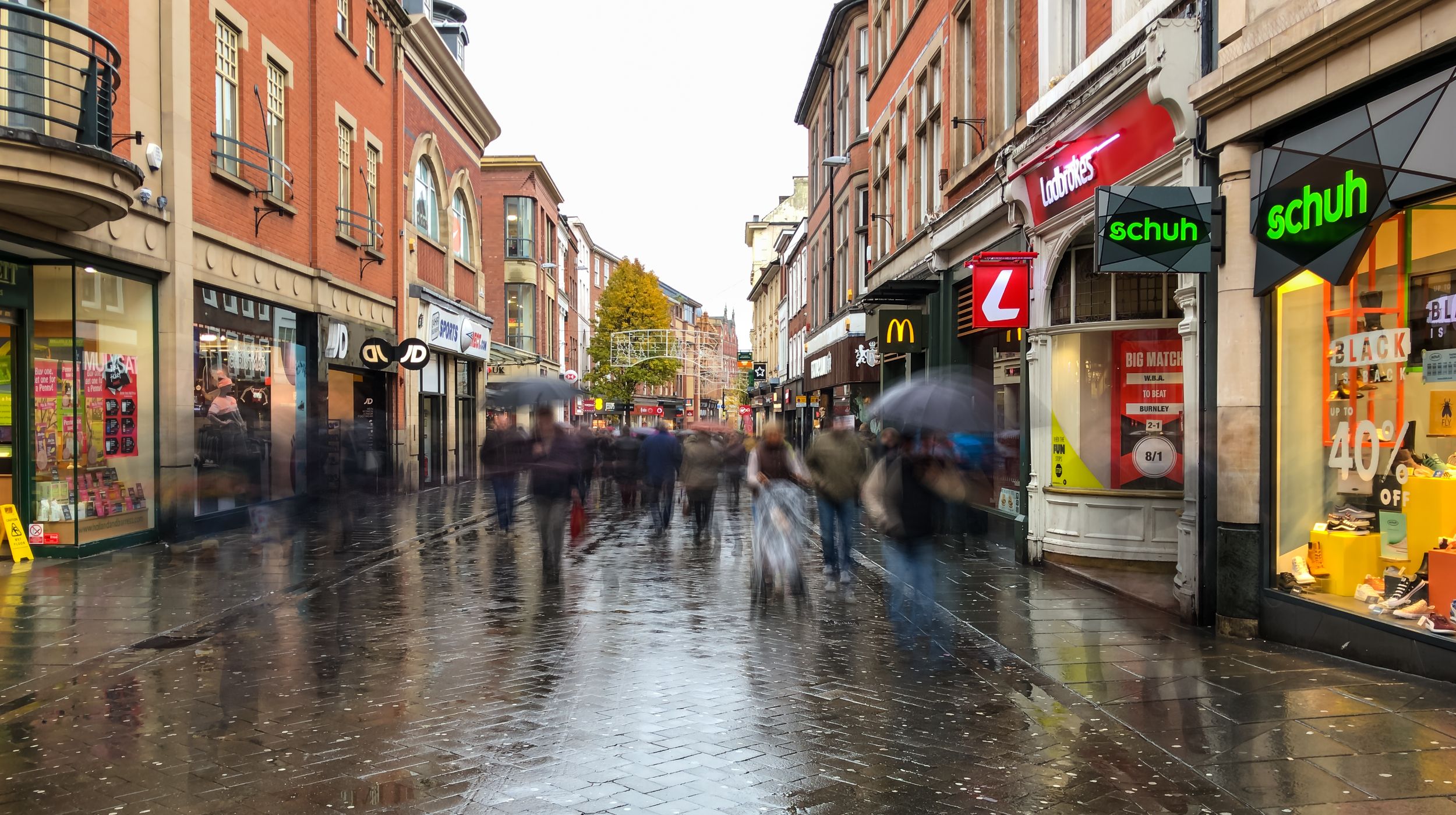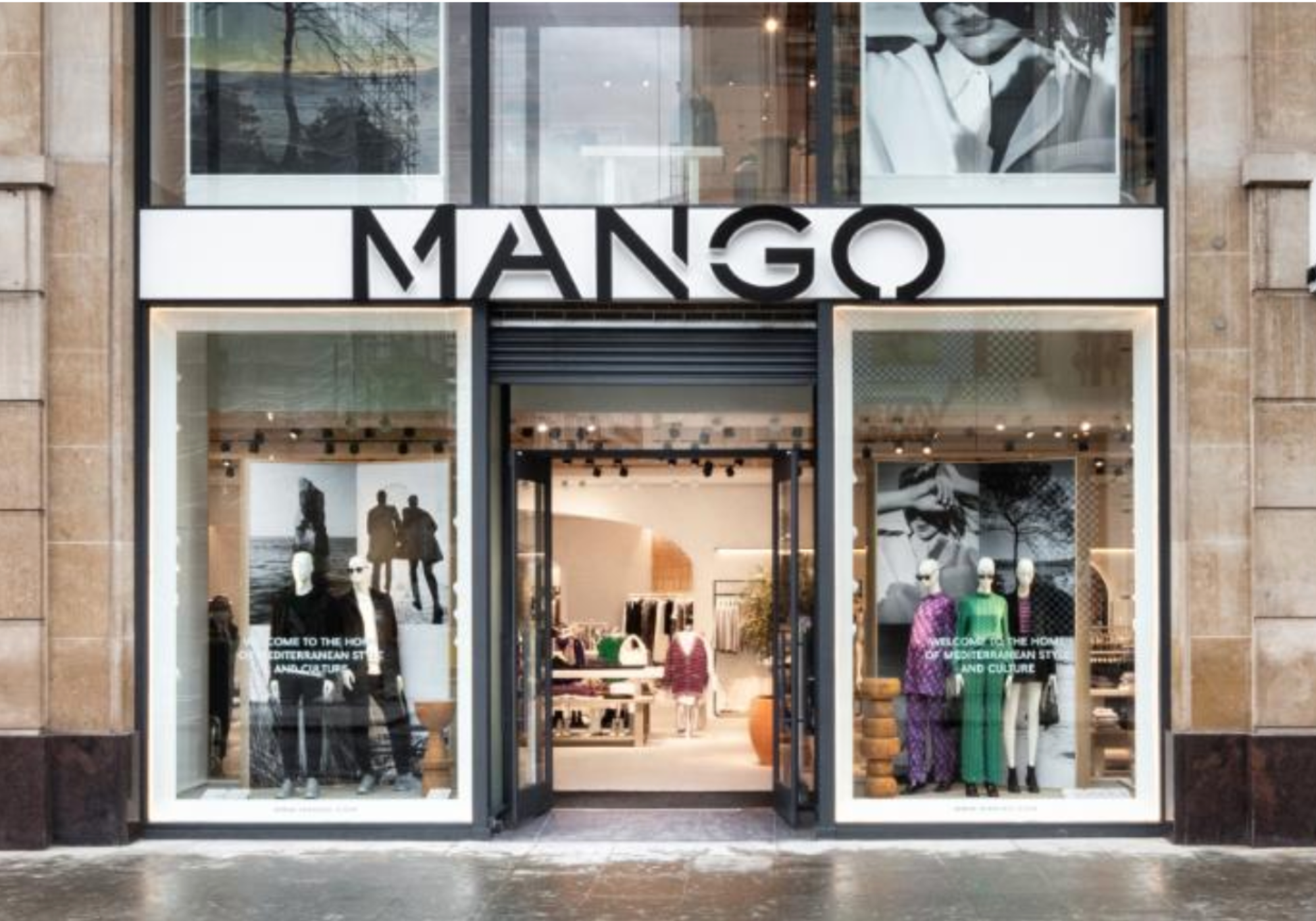By Maria Novikova, CMO, Xenoss
Amid economic headwinds, when wages don’t keep up with inflation, shoppers become more budget-conscious. Forty-two percent of respondents to PwC’s February 2023 Global Consumer Insights Pulse Survey noted they expect to cut their spending across all retail categories substantially.
To remain competitive, retailers focus on providing a differentiated customer experience, both online and in-store. Advanced technologies, particularly artificial intelligence, augmented and virtual reality, can drive innovation in this field. Below we’ve brought together some customer-facing solutions retailers can introduce to up their game.
Virtual try-ons
In the era of omnichannel retail, virtual fitting rooms merge the advantages of both online and offline shopping experiences. They can be powered by AR, computer vision, VR, or 3D modeling. As for implementation, they may come as an app or website feature or even as a smart mirror.
Many businesses have already implemented the technology. In 2022, Walmart introduced the ML-based Choose My Model feature, allowing shoppers to upload their photos or choose among over 100 virtual models that closely match their body shape, height, and skin color. The same year, Amazon launched an AR tool for picking out shoes, similar to the one Nike rolled out for its app in 2019.
The technology is widely used in the beauty industry. L’Oréal’s ModiFace virtual try-on uses AR to provide personalized recommendations for make-up, hair color and care products, and nail polish. L’Oreal bought the tech company in 2018. Other vendors of virtual try-on tools for beauty brands include Revieve, Perfect Corp., and Visage Technologies.
Checkout-free shopping
In 2016, Amazon opened the first Amazon Go store powered by the Just Walk Out technology (computer vision, sensor fusion and deep learning) for testing in its Seattle office. Two years later, Amazon Go stores became accessible to the general public.
Since Amazon’s debut, tech, e-commerce companies, and retailers across the globe pursued the grab-and-go store concept. As of 2022, customers in 20 countries enjoyed frictionless shopping.
REWE has opened autonomous stores in Munich, Cologne and Berlin in partnership with Trigo, a computer vision company. Trigo-powered stores are equipped with shelf sensors and ceiling-mounted cameras that generate anonymized video data for analysis with computer vision algorithms.
ALDI has opened a Shop&Go concept store for trial in London. It’s powered by AiFi’s system that leverages computer vision for tracking and recognizing products. Visitors wishing to buy alcohol and other age-restricted products can use facial age estimation by Yoti to authorize their purchase.
Conversational AI: chatbots
For years, retailers have been using chatbots to automate customer interactions, and AI-based assistants now outdo rule-based counterparts in generating relevant replies that emulate human-like interactions.
Implementation scenarios of conversational AI are various. For instance, Walmart has “dramatically improved” its chatbots with natural language understanding (NLU). Bots assist customers from the United States, Canada, Mexico, Chile, and India in resolving order-related issues, enabling human assistants to prioritize more intricate queries.
CP All, Thailand’s licensed operator of 7-Eleven convenience stores, uses NVIDIA conversational AI platform to help call-center agents process about a quarter million calls daily. Bots answer simple questions, track customer orders, and reroute calls to employees if needed.
While customer support is the main application area for AI chatbots, retailers already use them to negotiate prices with vendors and process IT helpdesk tickets.
Acquisition, partnership or custom development
Retailers take different paths to innovation, from acquisition to strategic partnerships.
In the latter case, the cost, deployment process, the solution’s flexibility and the history of successful implementations are some choice-defining factors for retailers and tech vendors.
Given strict regional data protection regulations and complex compliance requirements, it may be worth choosing a custom retail software development solution in collaboration with a technology partner.
As an example of the potential pitfalls, the Big Brother Watch privacy campaign group filed a complaint to the Information Commissioner’s Office regarding biometric surveillance in the Southern Co-Op chain. The grocer used facial recognition in some of its stores to match people’s faces against a database of blacklisted customers to ensure employee safety.
Tech partners well-versed in personal data protection legislation (GDPR, UK GDPR, Data Protection Act 2018, and CCPA) can develop solutions using privacy-centric technologies. In the case of cashierless stores, it could be a system detecting items and shopper movements without compromising their privacy.
Custom software development gives retailers the freedom to choose the optimal functionality for a system. It also means complete control over its operation and changes. Another benefit of custom retail solutions is their compatibility with other store systems by design, which ensures smooth integration.
A software development company with a proven track record in developing custom AI-based solutions, supported by a robust portfolio of successful retail projects, is the ideal tech partner for undertaking such a complex and financially demanding venture.

Maria bio:
Maria is Chief Marketing Officer (CMO) at Xenoss, leading sales and marketing teams at the NYC-based AdTech & MarTech software development company. With a deep understanding of the industry, Maria helps leading enterprises stay tuned with the latest insights with in-depth content, ensuring that they can make informed decisions about their custom solution development. Passionate about AdTech & MarTech, Maria has spent almost a decade working in digital marketing. She is a Google-certified marketer, an active member of various industry communities, and an IAB Tech Lab Council Member. At Xenoss, Maria helps to communicate most efficient approaches to building top-quality software products to MarTech tech vendors, publishers, media, and gaming companies. She highlights key benefits of working with a specialized software development house, including slaying costs, reducing time to market, and delivering results and innovation.

About Xenoss:
Xenoss is a MarTech/AdTech software development house, providing clients with custom-made software, team extension, and premium tech consulting services. Established by AdTech veterans, Xenoss was born with the aim to help companies in the media, marketing and advertising space focus on their business growth by outsourcing software development to the industry expert. Xenoss’ clients are world-famous enterprises and leading MarTech/AdTech companies, including Activision Blizzard, Sizmek, Verve Group, Moloco, and others. Software solutions the Xenoss team has helped to develop now underpin multi-billion dollar companies and are used by Nestlé, Adidas, Virgin, Uber, HSBC. Let us help you create best-in-the-market technology. Visit https://xenoss.io/ to find out more.







